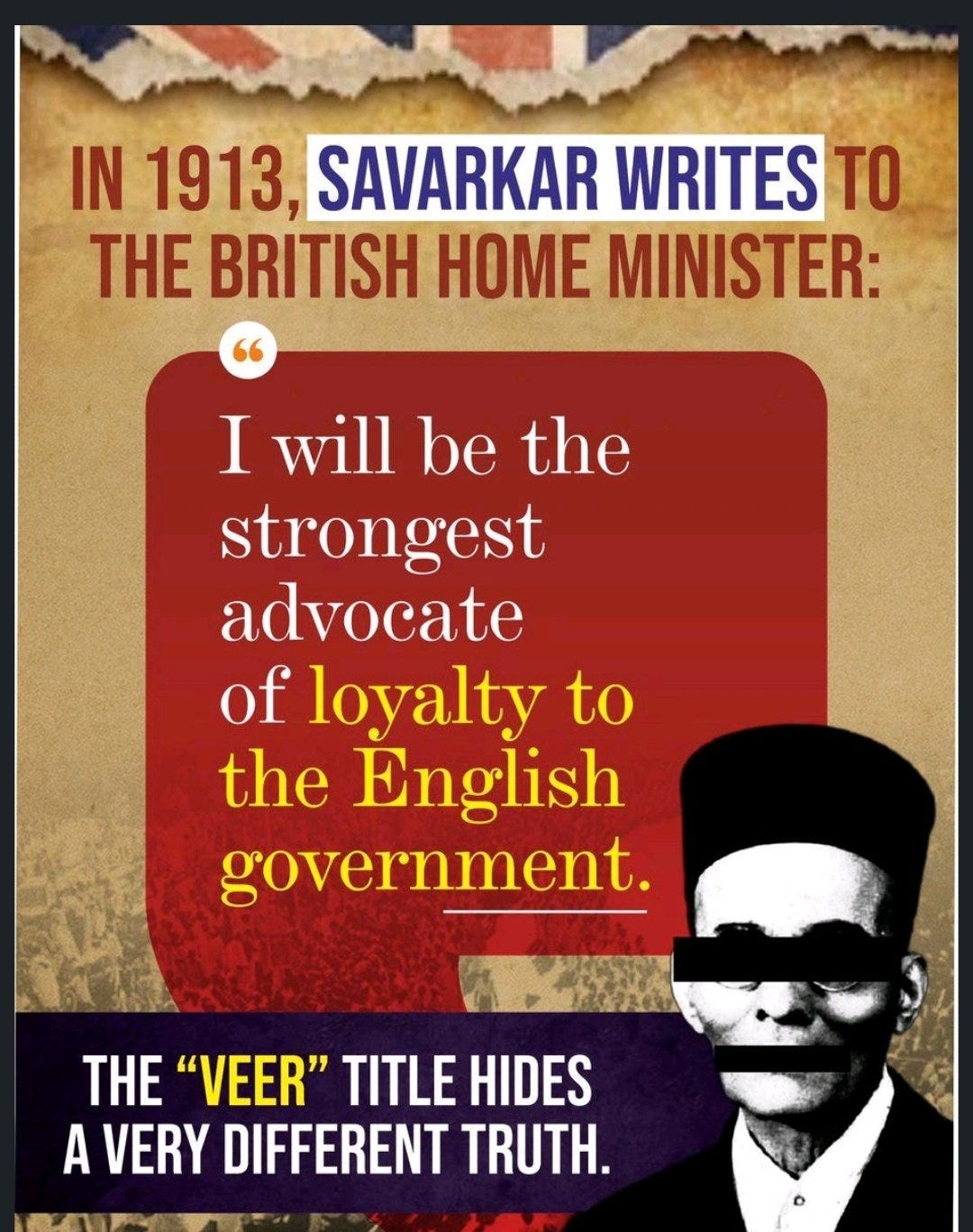Who Are We Loyal To?
Your loyalty lies not with your nation, but with your stomach
Today is Indra Jatra. It’s a good day to remember how the Newars got defeated by the treacherous attack of Prithvi Narayan Shah on this day. It’s a dark day for all Newars of Kathmandu valley.
Do we get defeated because our enemy is strong, or is it because of our own weaknesses? Most of the time, the latter is true. And behind every defeat there is a mindset of people. And the questions like:
How does our mindset work?
Who are we loyal to?
What is the strength of our character?
Below is a story going around in about Japan and India. We do not know if this is a true story, but we find it insightful. It is trying to show us the difference between the mentalities of people of these 2 nations. We can say what applies to India, in this context, applies a lot to Nepal and Nepalese too. This is why we are posting the story here.
Here it goes …
Japan, a nation decimated by two nuclear bombs, didn't beg for sympathy or aid. It rebuilt itself with pride and an unshakeable sense of self-respect. In the years since, it has never once stretched out a hand to America for alms. An Indian man living in Japan for over a year noticed something strange. Though the people were polite and helpful, no one ever invited him into their home, not even for a cup of tea. Perplexed and hurt, he finally asked a Japanese acquaintance why.
After a long pause, the friend replied, "We are taught Indian history... not for inspiration, but as a warning."
Confused, the Indian man asked, "A warning?" "Tell me," the Japanese friend continued, "how many British ruled India?" The Indian man thought, "Perhaps... around 10,000?" The Japanese man nodded grimly. "And how many Indians lived there? Over 300 million, right?" "Then who oppressed your people? Who carried out the orders to whip, torture, and shoot them?" he pressed. "When General Dyer gave the command 'Fire!' at Jallianwala Bagh, who pulled the trigger? The soldiers weren't British; they were Indian." "Not one turned their rifle on the tyrant. Not one," he said.
"You want to talk about slavery? That was your real slavery. Not of the body, but of the soul."
The Indian man stood frozen, silent, and ashamed. The Japanese friend went on, "How many Mughals came from Central Asia? A few thousand maybe? And yet they ruled you for centuries. They built empires not with their numbers, but because your own people bowed their heads and offered their loyalty in exchange for survival... or silver." "Your own people converted. Your own brothers became instruments of their oppression. Your own men handed over your heroes. Chandrasekhar Azad was betrayed. Bhagat Singh faced the gallows without even a whisper of help from those who called themselves patriots," he said. "You don't need foreign enemies. Your own people betray you again and again for power, position and personal gain. That is why we keep our distance."
"When the British came to Hong Kong and Singapore, not one native man joined their army. But in India, you didn’t just join the enemy. You served them. Worshiped them. Killed your own people to please them."
"Even today, you haven’t changed. Offer some free electricity, a bottle of liquor, a blanket—and your vote, your conscience, your voice are all sold without a second thought. Your loyalty lies not with your nation, but with your stomach," he said.
"You chant slogans. You march in protests. But when the country needs your character, where are you? Your first loyalty is still to yourself and your family. Everything else - SOCIETY, DHARMA, THE COUNTRY —CAN BURN."
He ended with one final statement: "If your nation is not strong, your home will never be safe. If your character is weak, no flag can protect you." This is not mockery. It is a mirror. It is bitter. But it is true.

